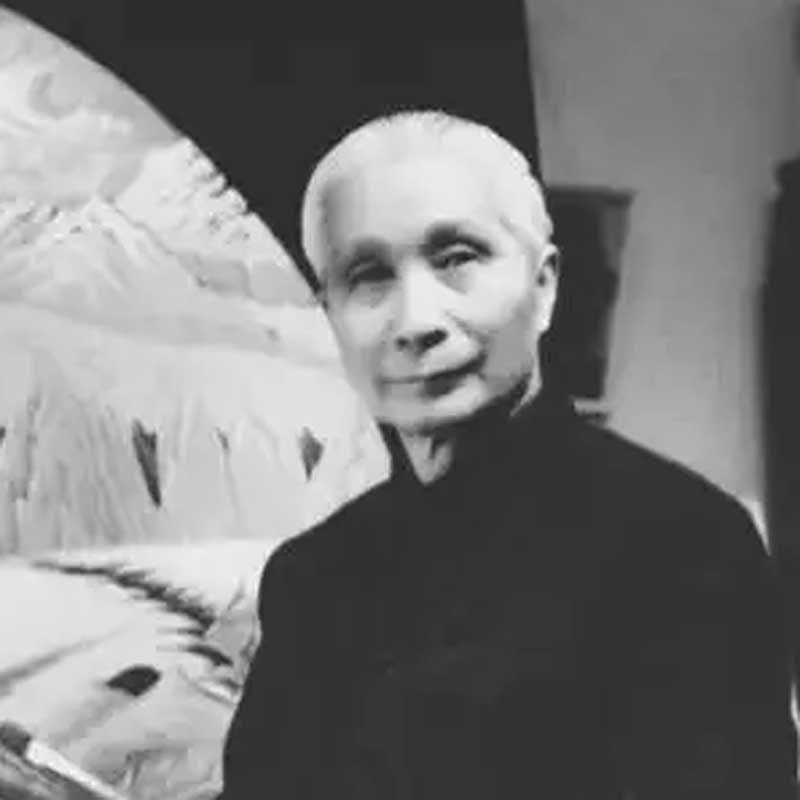学名许达,笔名霓璐、天马、屈文、丹沙。原籍安徽歙县,生于江苏扬州。中国电影导演,著名画家、美术评论家、作家、文艺活动家。擅油画,粉画、美术史。许幸之可以称为是中国现代艺术史上的大艺术家。他既是电影《风云儿女》(由田汉编剧)的导演,又是《铁蹄下的歌女》(由聂耳作曲)的词作者,是兼画家、导演、诗人、美术评论家于一身的文艺界全才。他的名字无愧的载入中国现代文艺史册。但是面对诸多身份,许幸之却坦言:“与电影、戏剧相比,我还是更喜欢诗歌和绘画”。
1954年,许幸之离开电影界回到了他早已向往的美术界,到中央美术学院任教,许幸之与董希文在教学上有着共同的看法,特别是在注重民族传统和吸取西方印象派及后印象派绘画以丰富中国油画语言的问题上,都具有开拓的意识,主张兼收并蓄,广泛吸取各家之长。许幸之这个时期的作品生意盎然,充满了祥和、向上与乐观的气氛,反映出他对祖国建设的赞美心情和重新拿起画笔的愉悦情绪。
His academic name is许达, and his pen names are霓璐,天马,屈文, and丹沙. He was born in Yangzhou, Jiangsu Province and was originally from Shexian County, Anhui Province. He is a Chinese film director, a famous painter, art critic, writer, and literary activist. He is good at oil painting, powder painting, and art history. Xu Xingzhi can be called a great artist in the history of modern Chinese art. He is not only the director of the movie "风云儿女" (written by Tian Han), but also the lyricist of "铁蹄下的歌女" (composed by Nie Er). He is a painter, director, poet, and art critic. His name is worthy of being recorded in the history of modern Chinese literature and art. However, facing many identities, Xu Xingzhi said frankly: "Compared with movies and dramas, I still prefer poetry and painting."
In 1954, Xu Xingzhi left the film industry and returned to the art world he had longed for, teaching at the Central Academy of Fine Arts. Xu Xingzhi and Dong Xiwen shared the same views on teaching, especially on the issue of focusing on national traditions and absorbing Western Impressionist and Post-Impressionist paintings to enrich the Chinese oil painting language. They both had a pioneering consciousness and advocated eclecticism and absorbing the strengths of various schools. Xu Xingzhi's works during this period were full of vitality, full of a peaceful, positive and optimistic atmosphere, reflecting his praise for the construction of the motherland and his joy of picking up the brush again.


